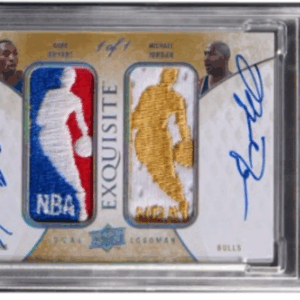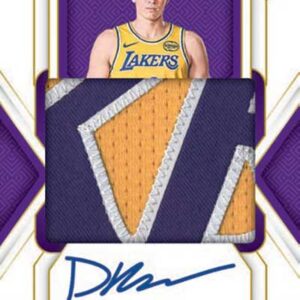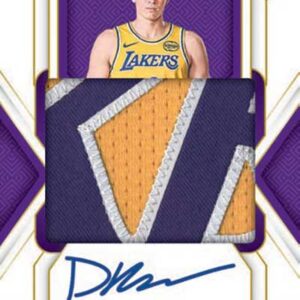In a move that has left many collectors scratching their heads—or more likely groaning in impatience—PSA (Professional Sports Authenticator) has stumbled in their highly anticipated foray into comic and magazine grading. What was initially rolled out with promises of a sleek 20-day turnaround time for magazine grading submissions has now been stretched to a sluggish 75 days. Yes, you read that right: 75 days. It seems PSA has chosen to channel their inner sloth rather than embrace the speediness that modern collectors crave.
Perceptive and slightly bewildered collectors, who were ready to dive into this new offering, are now reassessing their strategies. The prospect of a quick turnover, whether for a gratifying display or an opportunistic flip, has been shelved—at least for now. Some might even start sketching alternate plans, possibly turning their gaze toward competitors offering swifter services.
While the initial allure came with specially reduced pricing—$25.99 for modern comics and magazines and $39.99 for vintage ones (both priced respectively under $400 in value)—the extended wait might detract from its appointment as a great deal. What was once attractive has become a waiting game, and, as any seasoned collector knows, patience isn’t always a virtue one willingly chooses in this hobby.
So what’s tripping up PSA? Rumor has it that unexpected troubles arose, entangling them in procedural snafus involving tariffs and production, specifically regarding the elusive magazine-sized slabs they had aimed to unveil. Initially expected for a September debut, these slabs remain as fantastical as a comic book superhero.
In addition to the grading hiccup, PSA has introduced a new pressing service, priced at $11.99 for modern comics and magazines and $29.99 for the vintage counterparts. However, it comes with its own little gamble: opting for pressing requires the collector to commit to pressing every item in their submission—there are no half-measures here. You either ride or die with pressed pages.
Yet, arguably the most glaring shortfall lies not just in the timeline but in aesthetics. If one were to channel their inner designer, they might dub PSA’s slabs as the “little black dress” of comic grading—classic yet uninspired, plain to the point of invisibility. While CGC (Certified Guaranty Company) empowers collectors with customizable label designs, often adorned with beloved characters that jazz up any display, PSA’s labels have remained depressively Spartan.
In a world where visual presentation is prized—where collections aren’t just items but showpieces—display-ready slabs that capture the eye are invaluable. Ownership of a PSA slab can currently be likened to winning the participation award rather than the coveted glittering trophy.
So, what’s a collector to do? As CGC continues to dominate with their dashing alternatives, PSA will have to seriously rethink their approach if they wish to carve out a significant stake in this arena. They have the grading chops; it’s their visual game that needs to step up. Without change, their slabs risk becoming more famous for the waiting time rather than the hallowed contents.
In this spirited battle of the brands, PSA has no choice but to rethink their label design, possibly aiming to harmonize heritage with modern flair. The stakes? The essence of comics themselves—creativity, imagination, and a pinch of spectacle. As it stands, the only panels long enough to match PSA’s turnaround time are those of a comic strip.






